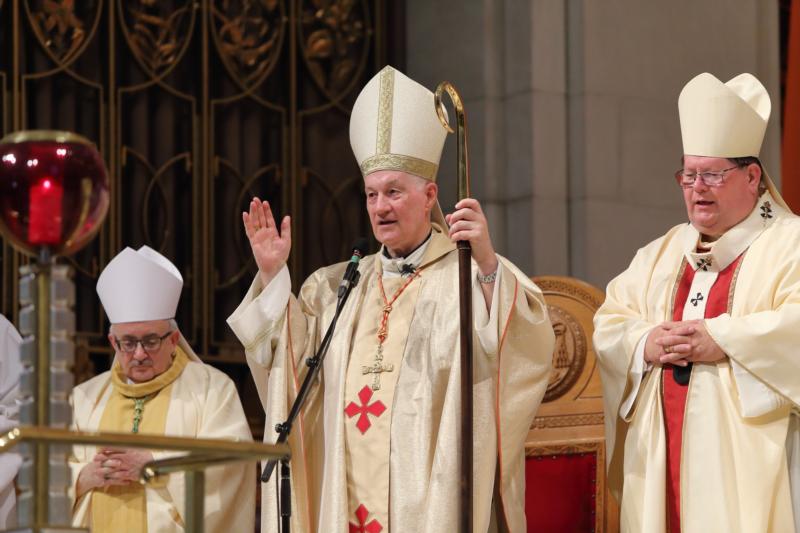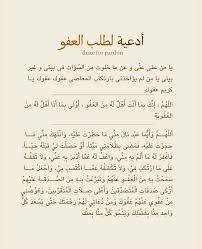
Introduction
Cardinal Marc Ouellet, a prominent figure in the Catholic Church, has been a key player in shaping the religion’s direction on a global scale. His roles as Cardinal Prefect of the Congregation for Bishops and a member of various Vatican congregations highlight the importance of his contributions to Catholicism. With recent discussions surrounding the future of the Church and its leadership, understanding Cardinal Ouellet’s influence is essential for comprehending the dynamics within the Vatican.
Current Role and Contributions
As the Prefect of the Congregation for Bishops since 2010, Cardinal Ouellet has been responsible for overseeing the appointment of bishops worldwide, a position that holds significant weight in the Church’s hierarchy. His diplomatic skills and theological insights have earned him respect among bishops and church leaders globally. Notably, he has advocated for a Church that embraces dialogue and collaboration among various factions to address contemporary issues.
Recently, Cardinal Ouellet has been in the news due to the upcoming Synod of Bishops scheduled for October 2023, where discussions will center on the theme of synodality—a movement encouraging greater participation among the laity and bishops alike. His involvement is crucial as he frames discussions on how the Church can adapt to modern challenges while preserving its core values.
Challenges and Controversies
Despite his leadership role, Cardinal Ouellet has faced controversy, including allegations against him related to past abuses within the Church. He has publicly denied these allegations and sought to maintain focus on his duties. The Church’s ongoing struggle with sexual abuse scandals has put immense pressure on leaders like Ouellet, as the public demands accountability and transparency.
Conclusion
Cardinal Ouellet represents a significant voice in the Vatican, reflecting both the challenges and opportunities facing the Catholic Church today. His leadership, particularly with the focus on synodality, could potentially reshape the Church to better engage with contemporary society. For Catholics and observers alike, closely following Ouellet’s developments and positions will be crucial for understanding the future of the Church, especially in light of how it meets modern expectations while preserving its traditions.






